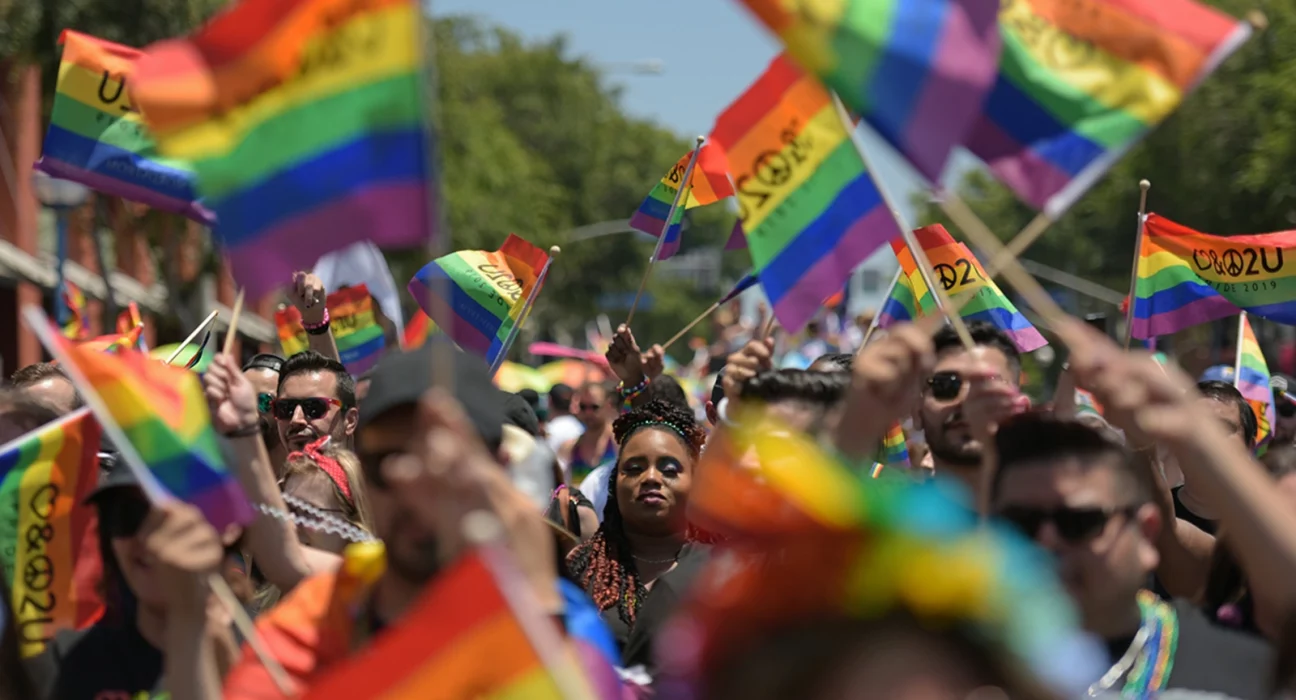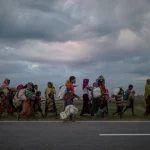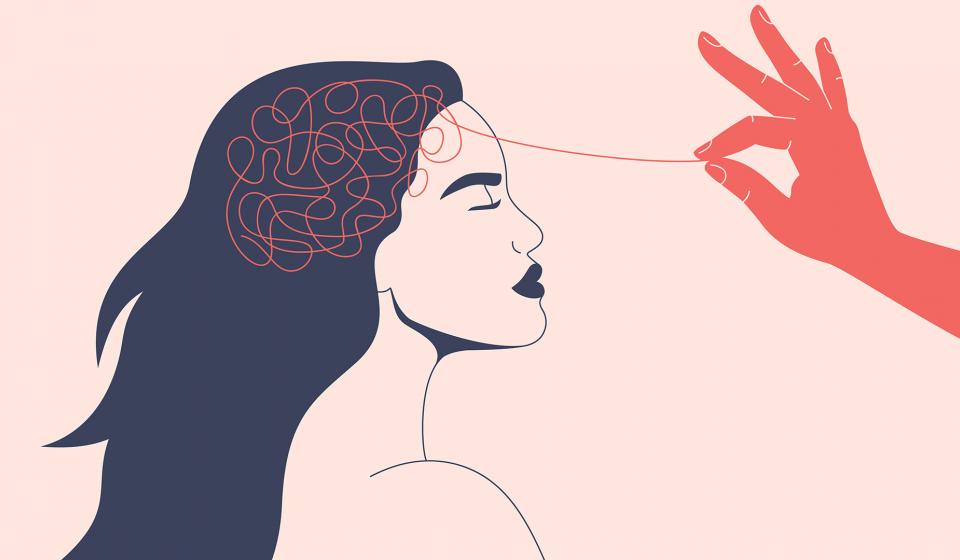LGBTQ+ Rights in Traditionalist Societies: Progress and Backlash

The journey for LGBTQ+ rights has been long and tumultuous, particularly in societies with deeply rooted traditionalist values. These societies, which often emphasize religious, cultural, or conservative norms, can present both significant barriers and unique opportunities for LGBTQ+ advocacy. While progress has been made in certain areas, the backlash against LGBTQ+ rights remains a persistent issue, leading to a complex and often contradictory landscape for those advocating for equality. This article explores the progress of LGBTQ+ rights in traditionalist societies, the ongoing resistance to change, and the ways in which activists and allies are working to navigate these challenges.
Cultural and Religious Contexts Shaping LGBTQ+ Rights
In traditionalist societies, cultural and religious beliefs often play a dominant role in shaping societal norms and values. Many such societies are influenced by conservative interpretations of religion, such as Christianity, Islam, Hinduism, or Judaism, which often have strict views on issues like gender, sexuality, and family structure. These cultural and religious contexts can create a challenging environment for LGBTQ+ individuals, whose identities may be seen as incompatible with these traditional values.
For example, in many parts of the world, homosexuality is considered immoral or unnatural according to religious doctrines, leading to widespread discrimination against LGBTQ+ individuals. In some countries, laws still criminalize same-sex relationships or deny LGBTQ+ people basic human rights, such as the right to marry, adopt children, or access healthcare. These legal barriers are often rooted in longstanding cultural beliefs that prioritize heterosexual marriage and gender binaries.
Progress in Legal Reforms and Social Acceptance
Despite these challenges, there has been notable progress in some traditionalist societies, particularly in terms of legal reforms. In recent years, several countries have made strides in recognizing LGBTQ+ rights through legal protections, decriminalization of same-sex relationships, and the legalization of same-sex marriage. These reforms, though often contentious, reflect a broader global shift toward greater acceptance and equality for LGBTQ+ individuals.
For instance, in countries like Taiwan, which has traditionally been influenced by Confucian values, the legalization of same-sex marriage in 2019 marked a significant victory for LGBTQ+ rights in a region where such progress had previously seemed unimaginable. Similarly, in parts of Latin America, countries like Argentina and Brazil have enacted laws protecting LGBTQ+ individuals from discrimination, though challenges persist in rural or conservative regions.
In many cases, legal victories have been accompanied by shifts in societal attitudes, particularly in urban areas where exposure to diverse lifestyles and values is more common. These changes have been driven by LGBTQ+ advocacy groups, media representation, and the tireless efforts of activists who continue to challenge discriminatory laws and practices. As LGBTQ+ visibility increases, more individuals are advocating for change, and societal norms are slowly evolving to be more inclusive.
The Backlash Against LGBTQ+ Rights
Despite these advancements, backlash against LGBTQ+ rights is a persistent issue in many traditionalist societies. This resistance often takes the form of political, social, and even violent opposition, as conservative groups and religious leaders mobilize to defend traditional family structures and gender roles. In some cases, this backlash has led to the rollback of rights that were once gained, as seen in countries like Hungary and Poland, where governments have enacted policies limiting LGBTQ+ rights in recent years.
The backlash can also manifest in more subtle forms, such as societal exclusion, discrimination, and hate speech. LGBTQ+ individuals in traditionalist societies may face harassment, ostracization, or violence from family members, peers, or even law enforcement. In such environments, coming out can be an incredibly risky decision, leading many to hide their identities to avoid persecution.
Moreover, the rise of conservative movements in some countries has coincided with efforts to “protect children” from LGBTQ+ influence, leading to the introduction of laws that restrict LGBTQ+ education and the public expression of LGBTQ+ identities. These policies are often framed as preserving traditional values and preventing the “corruption” of younger generations, but they also create an environment where LGBTQ+ individuals are demonized and marginalized.
The Role of LGBTQ+ Activism in Challenging Traditionalist Views
LGBTQ+ activism plays a crucial role in challenging the status quo in traditionalist societies. Activists in these regions face significant risks, from legal repercussions to social ostracization, but their efforts are essential in advancing the fight for equality. Many grassroots organizations have emerged to provide support and advocacy for LGBTQ+ individuals, creating safe spaces and resources for those affected by discrimination.
In some countries, international pressure has also played a role in advancing LGBTQ+ rights. Global human rights organizations, along with diplomatic pressure from other governments, have raised awareness about the plight of LGBTQ+ individuals in oppressive societies and pushed for legal reforms. The visibility of LGBTQ+ issues in the media, both local and international, has helped to shift public opinion in favor of more inclusive policies.
However, activism in traditionalist societies is not without its challenges. In some regions, LGBTQ+ groups face constant surveillance, censorship, and even imprisonment for advocating for change. In these environments, activists often have to work in secret or under pseudonyms, using online platforms and social media to connect with allies and organize campaigns without drawing attention to themselves. Despite these risks, the resilience and determination of LGBTQ+ activists in the face of adversity have been key to pushing for gradual but meaningful progress.
Intersectionality and the Struggle for Inclusion
It is also important to consider the intersectionality of LGBTQ+ rights within traditionalist societies. The challenges faced by LGBTQ+ individuals are not uniform; factors such as race, class, and gender play a significant role in shaping their experiences. For instance, LGBTQ+ people of color or those from lower socioeconomic backgrounds may face compounded discrimination that further marginalizes them within both the LGBTQ+ community and broader society.
In traditionalist societies, LGBTQ+ issues are often framed in a binary way, with a focus on legal recognition or protection. However, true equality requires addressing the complex and intersecting barriers that affect LGBTQ+ individuals, including economic opportunities, healthcare access, and social acceptance. Intersectional advocacy within traditionalist societies emphasizes the need to create inclusive spaces where all members of the LGBTQ+ community can thrive, irrespective of their background.
Conclusion
LGBTQ+ rights in traditionalist societies are marked by both progress and significant setbacks. While legal reforms and shifts in societal attitudes have led to some gains, the backlash against these advancements remains a powerful force. The struggle for equality in these societies is ongoing, and the road ahead is fraught with challenges. However, through the tireless work of activists, the support of allies, and the continued visibility of LGBTQ+ issues, progress is being made. As societal attitudes continue to evolve, there is hope that LGBTQ+ rights will eventually be fully recognized and protected, even in the most traditionalist of societies.










